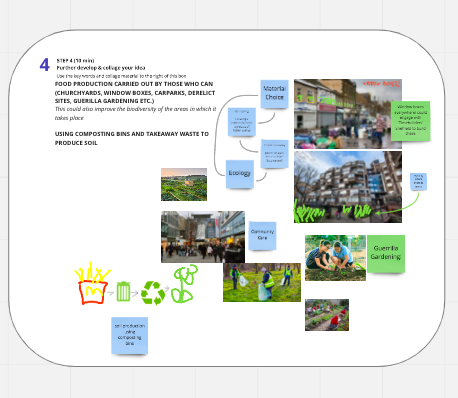Written by:
As the global climate emergency becomes increasingly prevalent in our day to day lives, we must now act, think and live in a more sustainably conscious way. The Sheffield School of Architecture and The Glass-House both share a clear ethos in this objective to push architectural design to zero-carbon.
While starting our second year at The Sheffield School of Architecture, we are given the opportunity to tackle the 3 big C’s that guide our society; Climate, Culture and Community. Our first project, under the title of ‘Climate’ required an architectural response to the relationship between three sites along London Road in Sheffield and its atmospheric conditions. Influenced by the 4 elements, Earth, Air, Water and Fire, we designed off-grid, temporary social hubs to catalyse positive environmental change in the community through education, awareness and demonstration.
Through this climate project, a group of second-year students and I had the pleasure to represent The Sheffield School of Architecture’s Live Works in collaboration with The Glass-House for their ‘Harnessing the Elements: Towards Zero- Carbon Neighborhoods’ event on the 4th March 2021. Focusing on London Road in Sheffield, this event brought together people from different communities and backgrounds to explore how local placemaking can be informed by and drive forward the zero-carbon agenda.
This was a fantastic opportunity for myself and other students to engage with the local community, but also for those interested in sustainability and climate resilience across the world. Acting as a facilitator for the theme of Earth, Sam Jarman, another second-year student, and I remotely led co-design activities for a group of roughly 11 people on what environmental issues relate to ‘Earth’. The first step was to question “what earth-based climate issues are present in our society? How can we involve and activate communities? And who are we targeting?“. As the conversation developed with insights from those local to the area and those as far as Edinburgh, solutions and potential schemes for informing and activating the community at various levels emerged.
Addressed first was the lack of potential growing space in the area. Through community intervention and guerrilla gardening, spaces like church frontages, disused land and parks and even non-essential car parks (especially during the current pandemic) can be transformed into shared allotments for planting and growing to provide fresh plants, fruits and vegetables, whilst educating and bringing people together. Building on this concept, another user group was identified; the myriad of restaurant and fast-food eateries in the area and the waste produced. By collecting this waste for composting, local allotments, gardens and communal green spaces would be equipped with an abundance of fertile compost to grow crops. In turn, the local eateries could buy and use the produce and thus a cyclic symbiotic relationship is established between residents, business owners and visitors.
Despite focusing our attentions on the London road Area of Sheffield for this event, participants noted the importance of schemes like this which could be extended to communities on a regional and international level. Despite having to carry this event out remotely over Zoom, it was so great to see these ideas come into reality on our shared Miro board by creating collages, sketches and post-it note comments. Once one note was made it snowballed and soon our page was full of ideas, conversations and anecdotes. I also have a notepad full of the knowledge that was shared to help with my future design work.


My role as a facilitator was something I had never done before, so it was as exciting as it was challenging. Having already had a year and a half of presenting my work and answering/ confronting design questions and problems, it was refreshing to experience the role reversal by guiding and igniting different conversations and insights that span generations and professions. To be a part of this event was an invaluable experience, which was only enhanced by the efforts of The Glass-House Team: Sophia de Sousa, Deborah Ajia and Elly Mead. I can’t thank them enough for the opportunity and trust they placed in us to help with this important event.
Will McKinney is a second year student at The Sheffield School of Architecture.
